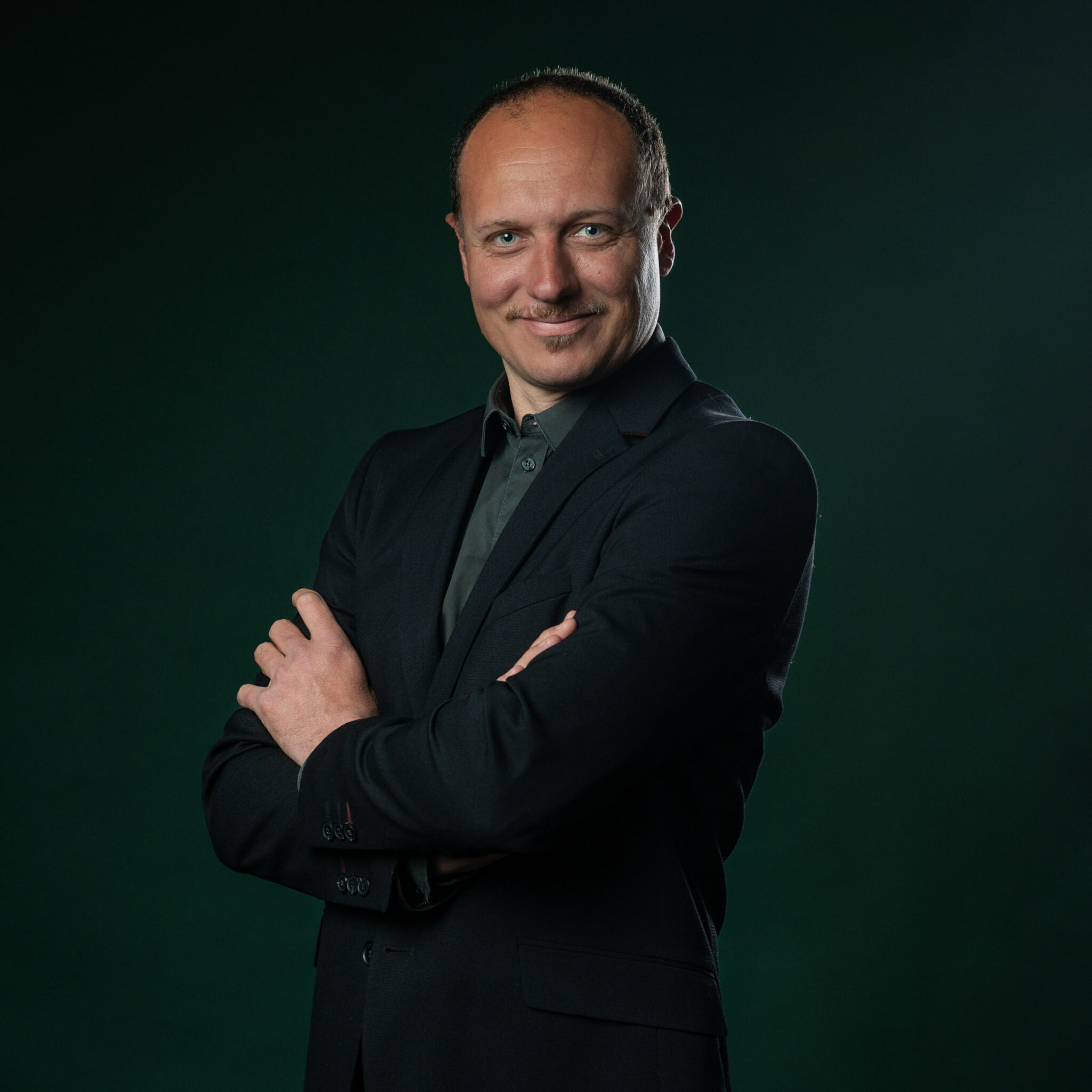Starting therapy generally is a big step, especially if you’ve by no means sat down with a mental health professional before. It’s regular to feel nervous or unsure about what to expect. The first session sets the tone on your therapeutic journey, and understanding what typically occurs during this appointment might help you are feeling more prepared and comfortable.
Meeting Your Therapist
Your first session usually begins with introductions. Your therapist could ask you what name you prefer to go by and would possibly provide some background about themselves, corresponding to their therapeutic approach or experience. This is your probability to get to know them as an individual and a professional. Building rapport is key to profitable therapy, and the primary session often serves as a foundation for that relationship.
Don’t worry if it feels a bit awkward at first—many people really feel the same way. Your therapist is trained to help ease you into the process and create a safe, non-judgmental space where you’ll be able to speak freely.
Gathering Background Information
A big portion of the primary session is typically dedicated to information gathering. Your therapist will ask a range of inquiries to understand why you’re seeking therapy and what you hope to achieve from it. You may be asked about:
Current challenges or symptoms
Medical history
Past experiences with therapy
Family background
Work, relationships, and daily life
Any past traumas or significant life occasions
These questions help your therapist acquire a well-rounded view of your mental and emotional landscape. Try to be as sincere as you possibly can; the more open you are, the better outfitted your therapist will be to help you.
Setting Goals
During or after the initial information gathering, your therapist could ask about your goals for therapy. These don’t should be perfectly defined—many people aren’t certain what they need proper away. You may say you want to manage nervousness, improve your relationships, or simply really feel more like your self again. Your therapist may help you shape these goals over time into something more concrete and motionable.
Establishing clear goals additionally helps both of you track progress and make adjustments as wanted during the course of your sessions.
Discussing Confidentiality
Confidentiality is a key part of therapy, and your therapist will likely explain how it works early in your first session. Generally, what you say in therapy stays private, however there are important exceptions, similar to if there’s a risk of harm to yourself or others. Understanding the boundaries of confidentiality helps build trust and transparency.
Be happy to ask questions on confidentiality if anything is unclear. You will have the proper to understand how your personal information will be handled.
Addressing Your Questions or Considerations
A great therapist welcomes your questions, especially within the first session. You would possibly need to ask about how long therapy usually lasts, how typically you’ll meet, or what types of techniques they use. You can also talk about any nervousness or doubts you could have in regards to the process. Therapists understand that starting therapy is a big resolution and are there to assist you in navigating it.
Emotional Reactions Are Regular
It’s not unusual to really feel a wide range of emotions during or after your first session. Some individuals really feel aid just by finally talking to someone, while others may really feel emotionally drained. That’s okay. Therapy can convey up sensitive issues, and your emotional responses are valid and expected.
Take care of your self after the session. Whether which means resting, journaling, or doing something comforting, it’s necessary to give yourself the space to process your thoughts and feelings.
Moving Forward
On the end of your first session, your therapist will usually discuss next steps. This may embrace scheduling future appointments, recommending other resources, or discussing potential approaches to your concerns. When you’re not sure whether the therapist is the right fit, it’s okay to specific that. The primary session is just the beginning, and discovering the correct therapist can take a little time.
Starting therapy is an act of courage. By taking that first step, you’re prioritizing your mental health and opening the door to growth, understanding, and healing.
Should you beloved this information in addition to you wish to be given more information relating to couples counseling manhattan i implore you to go to the site.

